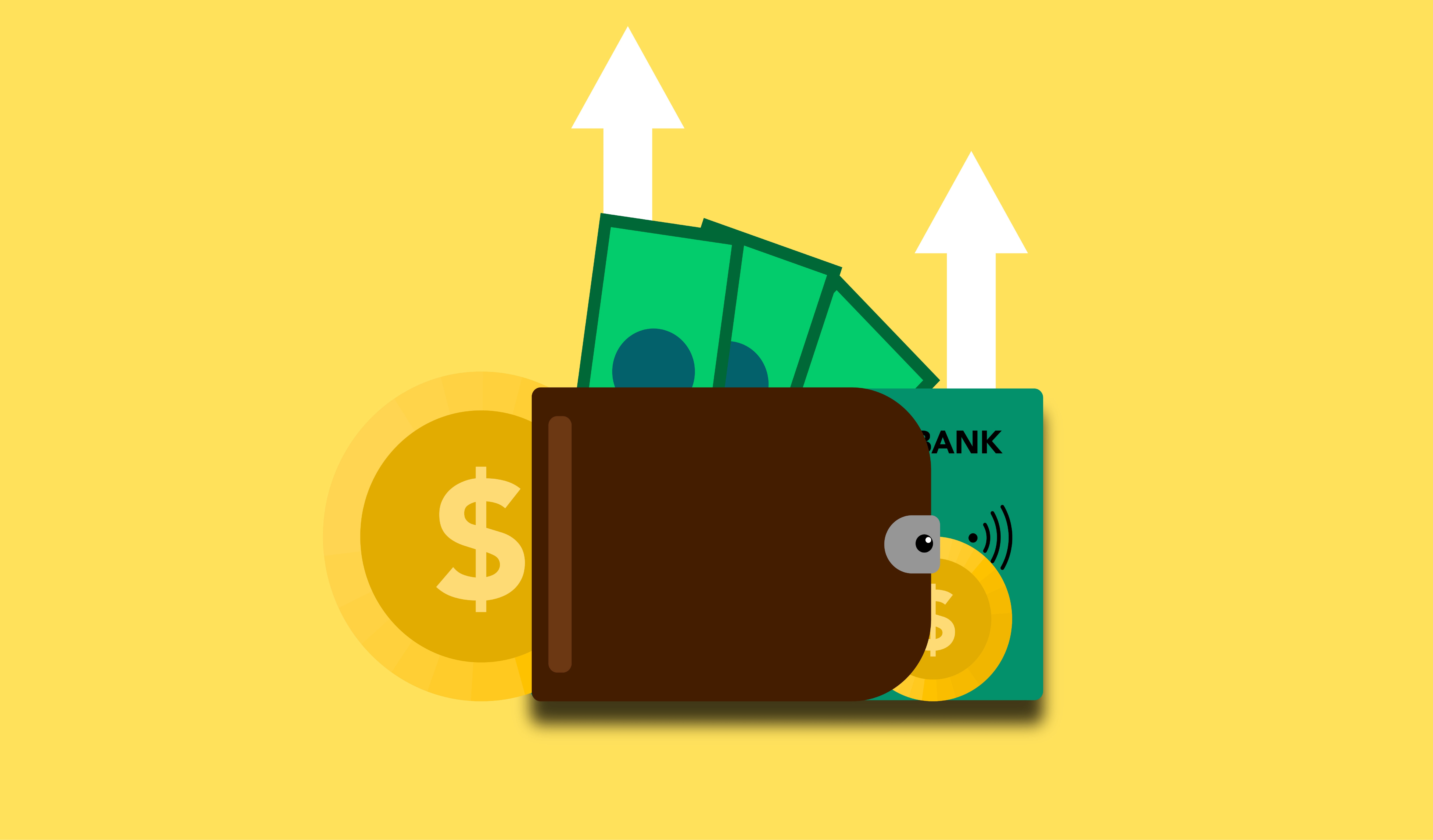A Xompare guide to understanding the costs involved in making an international payment.
Finding the costs when making an international payment is not straight forward. Some are hidden in foreign exchange fees, others are taken when the payment is in transit when it’s on its way to the intended payment recipient. These subtleties in where charges are levied mean that it is difficult to understand whether your bank or another payment service provider is offering you a good deal. In this article Xompare examines the payment process and surfaces where you need to be looking in order to ensure you are getting “bang for your buck”.
Currency
Let’s start with currency. The majority of payments being sent abroad require an exchange of currency - that is to swap one currency into another currency, for example exchanging Pound Sterling into Euros. It won’t be a surprise to most people that a bank or foreign exchange bureau will charge a fee for swapping one currency to another. We have all seen those foreign exchange counters in airports or holiday destinations that display large advertisement banners promoting “commission free currency exchange”. This is designed to make a potential customer believe that if they exchange the cash currency with that company then they will be getting a tremendous deal. Of course most consumers know that this does not mean that it’s a free service. So where is the cost in this?
Where is the cost?
In order to not mis-lead customers, the advertising banner really should be edited from “commission free currency exchange” to “no additional commission fees aside from the FX spread”. The FX spread is the difference between the buy rate and sell rate of a currency.
To explain this in simple terms, the rate in which a broker purchases currency is not the rate which you will receive. They deduct a percentage off the rate (the spread) which means you receive a less favourable rate and that is where the cost is taken. So before you are lulled through the door of that broker with the commission fee advertising to exchange your cash, check to see what foreign exchange rate they are offering you compared with another provider. The same goes with international or remittance payments which aren’t in cash - always compare exchange rates offered to get the best deal.
Transaction fees
Next up are payment transaction fees. If we go back to the commission free advertising banner, the transaction fee is the equivalent of that commission they are waiving, but unlike cash exchanges, when sending an international payment the provider needs to get the funds to the beneficiary bank account and therefore on top of the cost to convert the currency, they may also charge to transfer the money using the international payment networks. Some payment service providers do not take any foreign exchange fees - instead they only charge a transaction fee, which will be a % of the underlying payment amount being converted. In these scenarios as they deduct the transaction fee from the amount to be exchanged before sending, you will need to be careful that the beneficiary of the payment is not expecting a specific amount, otherwise they might end up with less money. If you are settling an invoice for a service this won’t be an acceptable position for your supplier.
Lifting fees
The final cost involved in an international payment is nothing to do with the provider that you use to exchange the currency and then send the payment on your behalf. In the international banking payment network, any bank that handles that payment and processes it can claim a fee for their involvement. This could be the beneficiary bank of the payment recipient, or an intermediary bank used to get the payment to the beneficiary bank. As these banks aren’t able to debit the account of the person sending the payment, their only means of claiming these fees is to deduct them off the payment amount in what are known as “lifting fees”. It is possible to avoid these lifting fees if the sending bank applies a reference to the instruction to state that to any receiving banks that they are not allowed to deduct their fees off the payment amount. In these cases the receiving banks instead send a claim to the sending back, which is usually covered by them charging an additional fee for the person they are making the payment for, therefore making it more expensive.
In recent years via the Payments Service Directive, European countries have implemented legislation to prevent lifting fees being deducted which all payments service providers have to adhere to. These lifting fees are inherent to the international SWIFT network (think of a rail network for payments - see Xompare FAQ page for more information on SWIFT), however certain non-bank payment providers like Wise have found ways to avoid the SWIFT network and therefore the prospect of these lifting fees being claimed, by utilising local country clearing systems where such fees are not permitted. As a result these providers can be a sensible cost-effective option to suit your International payment needs.
How to compare money transfer providers
As you can see from this article, there are three distinct places where costs can be incurred when sending international payments, all of which can change in approach across providers:
- The FX spread
- The transaction fee
- Downstream lifting fees
Exposing such fees is the concept behind the creation of Xompare. We have real-time data feeds in place with multiple non-bank payment service providers, where we take their data and normalise it in order to do an effective side by side comparison of costs but also speed, in order that the person or business about to send an international payment makes an informed decision as to the best provider.
We hope that this article helps shed some light on where costs can reside in an international payment. In conclusion, don’t focus on one type of fee to base your decision on. You will need to consider all three costs together to be in a smart buying position and not waste your money. We are very confident that Xompare.com will service this need.
Thank you, and all the very best with your payment shopping!



